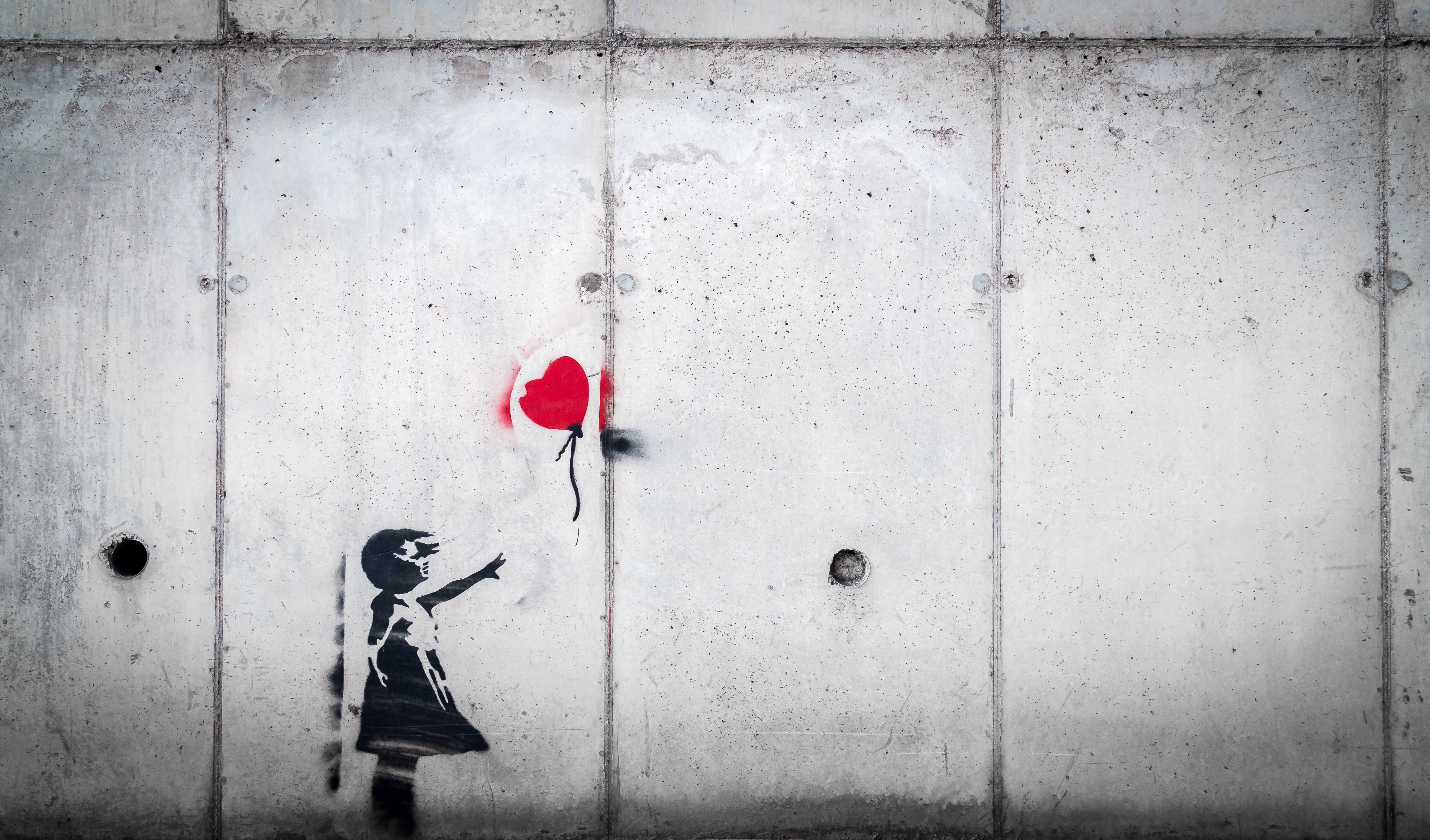“6 months and I know you’ll be fine…”
That was my grief counsellor, on our first (and last) session together. It had been less than 3 months since my mother had unexpectedly passed away and I found myself back in Australia, 3 weeks after her funeral in the UK, sat opposite my grief counsellor, who had come highly recommended.

Unless you have been through the pain of losing someone you built your life around, that provided unconditional love and happiness you can never know how excruciating it is to lose that person. How the emptiness is never filled, not even by those closest to you. How the realisation that it doesn’t matter what you do, you are never going to see that person again. It’s tragic, heartbreaking and numbing all at the same time. It makes you strong and weak, guilty and carefree, appreciative and destructive…all that’s left are memories.
I’d only been on this journey a matter of months, it was a road I didn’t think I would venture on for at least another 20 years, but I was on it against my will and all the deniability I can muster. All I could do was commit to it, commit to the moments, as painful as they were.
Here’s 3 things I quickly realised you couldn’t set agreed parameters around, but would be good ‘grief goals’ to aim for.
- Finding a good counsellor
I went through two counsellors before I found the right one. I managed to convince the first one I was fine, less than 3 months after losing my mother. I didn’t know it then but I was still in shock, seems the counsellor didn’t know either, as she went on to explain to me that grief is like a Project Management plan (I just happened to be a Project Manager at the time), at which point I perked up.
I was good at Project Management. Give me an excel spreadsheet, times, dates and deadlines and I am on it!
These next few months will be difficult to function (phase 1), followed by a period (phase 2) of rebuilding and then it will plateau out (phase 3) as I begin to get my life back and start to enjoy the mundane again. She proceeded to wrap up with a story of how her girlfriend was fine after 4 months, though she was a little quiet at dinner last week… ‘great‘, I thought as I left and went home to email my brothers to let them know that we should all be feeling fine in approximately 5 months and 10 days.
2. Crying
The next two points I ascertained were from my 2nd counsellor who whilst listening, made me feel a little uncomfortable. He was one of those counsellors who ’embraced the silence’ and refrained from engaging in conversation until you spoke first. This proved really awkward as I sought to fill the silence, not really knowing how to verbally express all these unknown and uninvited emotions I was experiencing. Still I walked away with two simple points that worked.
Cry. (This counsellor made me cry like a baby in each session!). Acknowledge that lump in your throat, you know the one that gives you indigestion as you try to swallow it down, yes that one, acknowledge it and let the tears flow. Crying is such a release, a release of anger, despair, confusion and sadness and strangely when you stop (which could take a while) has a calming effect which ripples through you.
The nature of crying changes over time and is a great way to help unravel those stomach knots, throat constrictions and tension that grips your mind and body in a protection vice, that doesn’t want you to go to those dark places in your mind and remember, not realising that the pain you feel in that moment will be your strength in the next.
3. Talking
Talk to anyone who will listen, ok talk to anyone you feel comfortable talking to.
Talk to your family and friends even when they don’t want to talk about it and talk to people that have been through it be cause they get it. It’s like sharing a special bond, not a nice bond to have but a supportive one and one you can call on randomly and without question.
But you know what’s great about talking? Once the pain has filtered it allows you to bring and keep your loved one into your life and alive in your thoughts. It’s hard and only time will heal your broken heart and stitch up your doubts, guilt, pain and all those emotions you may be feeling but eventually by talking you learn to live without them, which is the hardest part and definitely not something you can manage in a project plan version 2.0.


